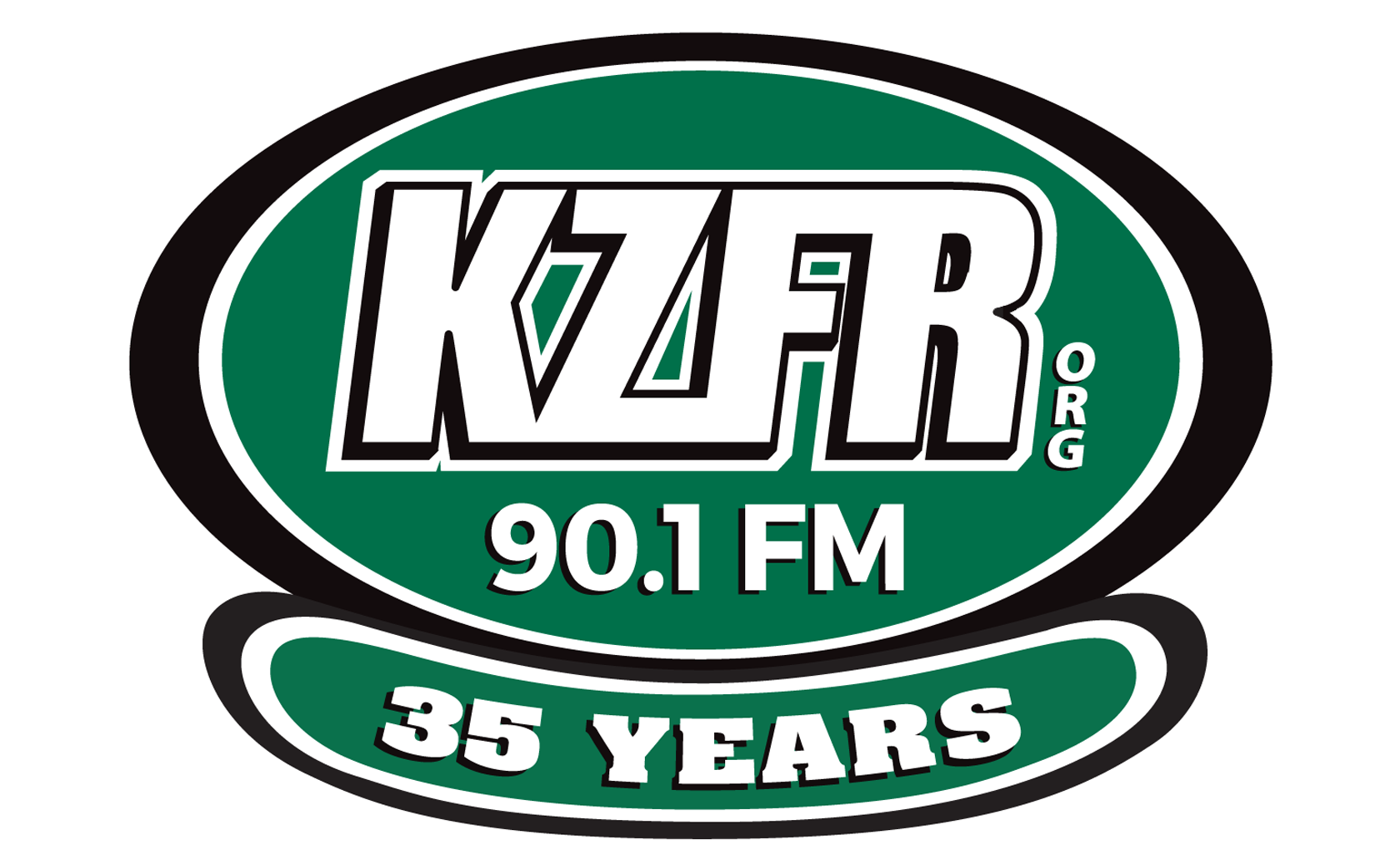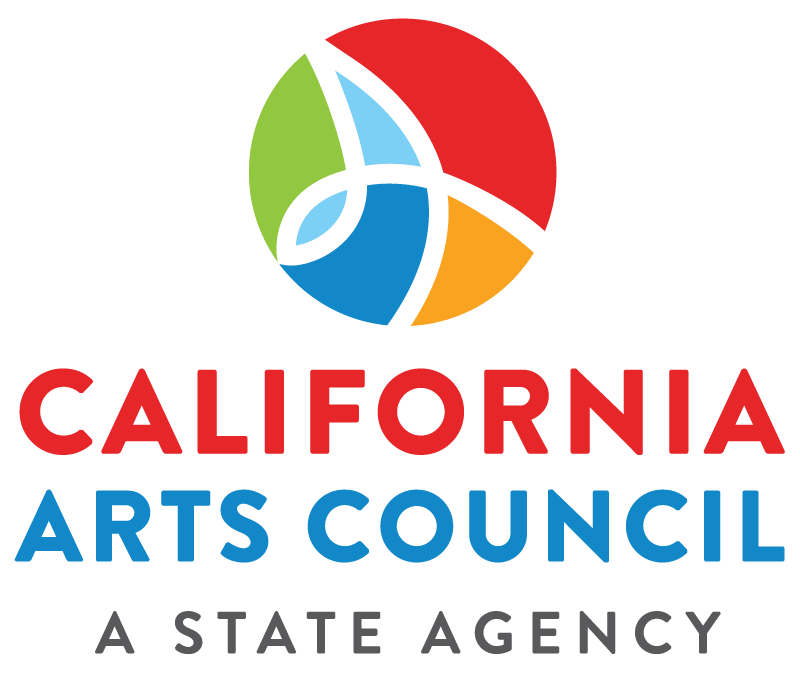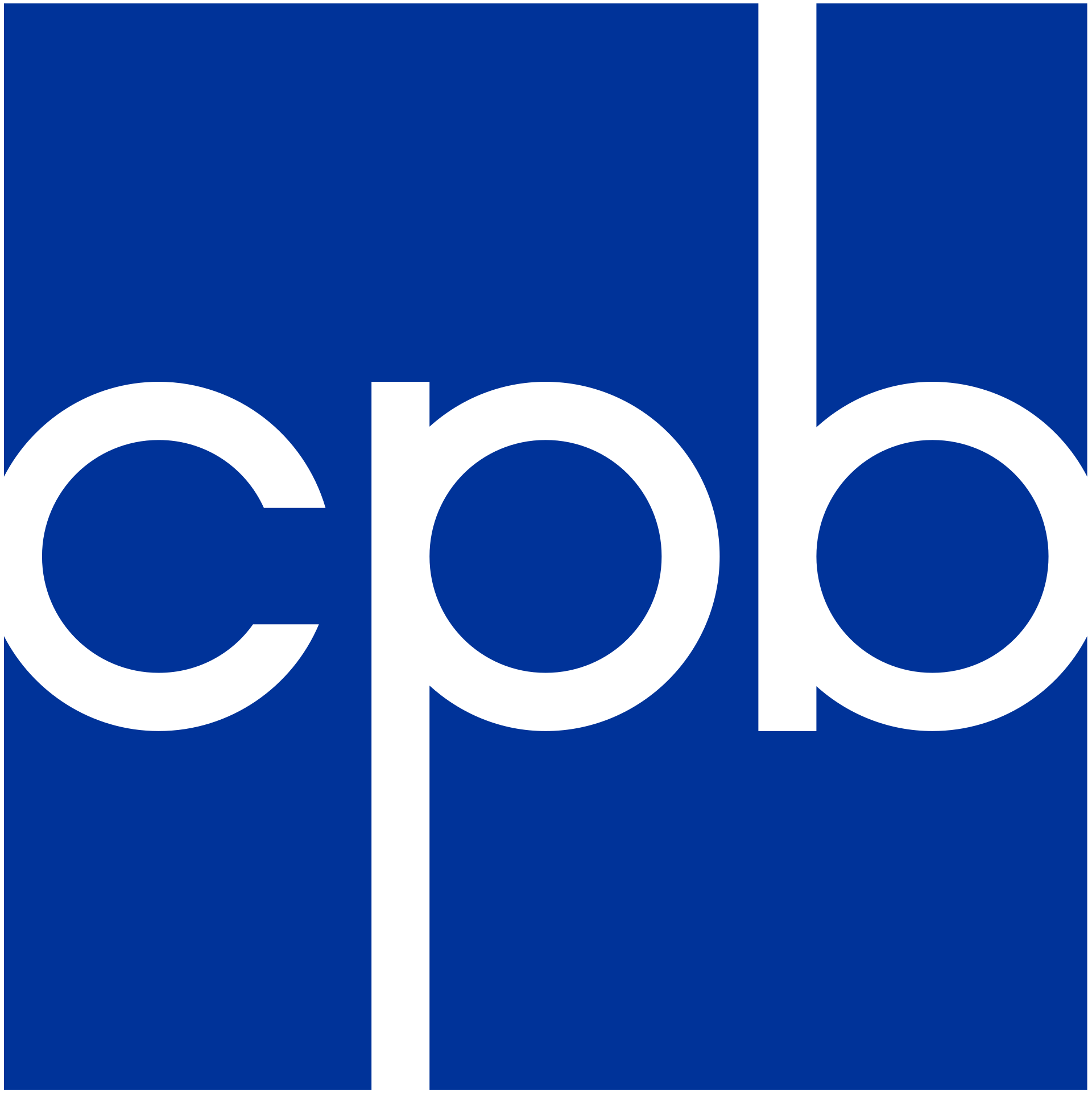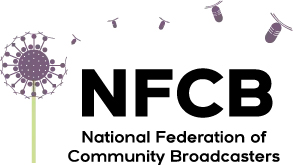Richmond Talbott (aka Steve Talbot aka T.A. Talbott) was born in Washington D.C.in 1936. He grew up in the San Francisco Bay area and didn't have an ideal childhood having lost his mother at a young age and having a strained relationship with his father. Turned on to music by local radio, he learned guitar and after a short time in college and service in the Air Force he entered the Bay area music scene in 1959 or so. Music collector and producer Chris Strachwitz wrote that Talbott was "overwhelmed by the idea that one man could make so much music with just a guitar." The Berkeley music scene had an endless musical horizon and Talbott played Carter Family tunes with old-time musicians Crabgrass, skiffle style with The Skid Band, and he played the blues. Guitar instructor and radio host Rolf Cahn said this of Richmond: “Unlike most musicians, he knew what he wanted to play even before he learned to play…” He played old time blues. Cahn also said: “His approach to the instrument was one of quiet certainty.”
In his encyclopedic history of the folk music revival of the 1950’s and 60’s “Which Side Are You On?” (Continuum Press, 2005), musician and scholar Dick Weissman wrote: “Steve Talbot had a reputation for being a fine blues and ragtime guitarist, but he made his living on the railroad.” Talbot’s day job was as a brakeman for Southern Pacific. Railroad buff and guitar genius John Fahey wrote and recorded “Steve Talbott at the Keddie Wye” as an instrumental tribute to Talbot’s railroad work (Keddie is a “town” and transfer station in the Feather River Canyon, and a ‘wye” is a track in the form of a "Y" which leads from a main line and is used for turning trains around in a restricted area like a canyon.
When not riding the rails over the Sierras and across the west Talbott was performing in clubs and bars and at house jams from the north Bay to the south Bay. During this time Berkeley was awash with talented guitarists. Along with Talbott and Cahn, there was Steve Mann, Tom Hobson, Perry Lederman, Billy Roberts, Larry Hanks and Jorma “Jerry” Kaukonen. Between 1962 and ’64 Texas transplant Janis Joplin performed in an acoustic trio with rotating guitarists: Kaukonen, Talbott, Mann, and Hanks.
Talbott’s love of old blues tunes was infectious and often transferred to others. Jim Kweskin (of Jug Band fame) recalls traveling across the country in the early 1960’s and developing his musical chops by performing with a wide array of musicians in local music stores, coffee shops and bars……“and in Berkeley California I met a guy named Steve Talbott, who adapted an old Blind Boy Fuller tune and I learned it from him. The song was ‘Rag Mama’ and it became my theme song” (quoted in “Baby, Let Me Follow You Down,” by Eric Von Schmidt and Jim Rooney, UMass Press 1979). Talbott’s knowledge of the obscure may have been the motivation behind Kaukonen’s invitation for him to help out on a song for Hot Tuna’s 1974 “Burgers” LP. "99 Year Blues" was written by an old Piedmont style blues musician from South Carolina, Julius Daniels (1901-1947). The tune is performed as a country-blues shuffle that features Papa John Creach on violin and Talbot on slide guitar and accompanying vocals. The Tuna version features lyrics that are a combination of original (“Well now, bring my pistol, I said three round balls. I’m gonna shoot everybody I don’t like at all.”) and new (“Well if the world’s a drag my friends, and you can’t cope, go out and find a connection and smoke some dope."
Jorma Kaukonen of course gained his fame with the rock band Jefferson Airplane. It was Jorma who named the band but he gives credit to Talbot for the inspiration behind the name: “I had this friend up in Berkeley, Steve Talbot, and he came up with funny names for people….His name for me was Blind Thomas Jefferson Airplane (for blues musician Blind Lemon Jefferson). When the guys were looking for band names and nobody could come up with something, I remember saying, ‘You want a silly band name? I got a silly band name for you!’” Talbott had actually bestowed the name of his family's cat, Jefferson Airplane Cat, on Jorma.
By 1970, the band with the silly name was so successful that RCA gave them their own label to record their solo projects and music by musicians who they liked. Talbott recorded a selection of rock, boogie, blues and country songs between 1969 and 1971 and an album was scheduled for release on the Airplane’s Grunt label in 1972, but by that time Grunt was losing lots of money and Talbot’s album, “Gettin’ Plenty” (Grunt FTR-1010) was shelved, never officially released, and forgotten. Copies of the record appear occasionally on E-Bay.
Richmond Talbott moved north to the Chico area in the 1970’s. Here he worked at the upstart Sierra Nevada Brewery and later for the City of Chico parks department but he was always active in local music; performing and producing live shows, hosting a blues program on KCHO radio, repairing instruments at a local music store, and teaching the craft of instrument repair to others. Back in Berkeley, Talbott had learned the craft of instrument repair from master craftsman Jon Lundberg. Bluegrass musician Harrison Phipps (who was performing with Chico-born dobro player Sally Van Meter at the time) had moved to Chico to become a student of Art Overholtzer, the guy who wrote the book “Classic Guitar Making.” The book was published in 1974 and attracted hordes of would-be luthiers to Chico to learn from the master. In short time Phipps also met Talbot and also began learning the craft of repair and restoration from him. Today Phipps owns and operates Fretted Strings in Davis CA, and credits Overholtzer and Talbot for his success. Phipps even designed and produces a custom hollow body guitar which he calls the “Richmond Talbott Gibson.”
Richmond died in 1993.
On American Pastimes: Selections from Richmond Talbott’s “Gettin’ Plenty,” Janis Joplin "California 1962 - Early Days" recorded in
part at the Folk Theatre in San Jose where Janis is joined by Talbott on stage; solo guitar performances from a 1962 KPFA-FM folk music program hosted by Rolf Cahn; a couple of songs Talbott recorded for Chris Strachwitz's Arhoolie Records 1963 release "Out West Berkeley." And there's also tunes recorded sometime in the late 1950s by a skiffle band The Skid Band, that might feature Richmond on harmonica (from Arhoolie Box Set "Hear Me Howl."







